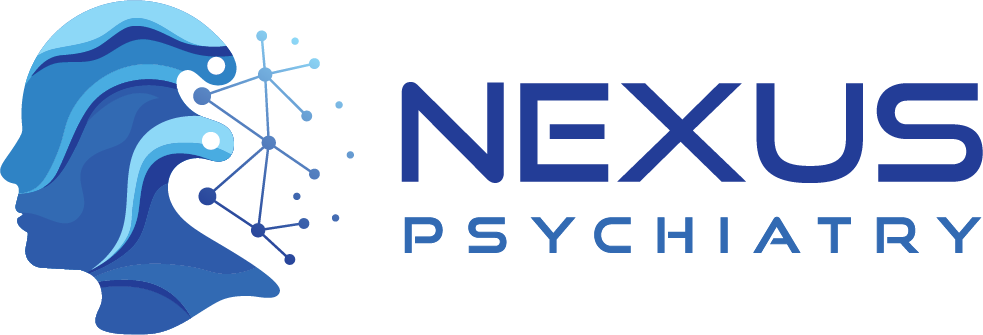Will power alone cannot truly reverse the effects of the disease unless intervened, especially if the person with a substance use disorder has reached a state of lost control over the use of the substance. How the brain and body respond to substances can affect the choices people make, resulting in serious social and health consequences.
Types of Addictions We Can Treat
Out of the most reoccurring addictions, such as meth, cocaine, opioids, and prescription drugs, we can also treat patients with substance use disorders related to behavioral addictions and less common substance addictions.
Behavioral Addictions – Behavioral addictions encompass a set of behaviors that a person depends on and cravings. Currently, the only medically recognized behavioral addiction is gambling addiction. It is described as an “impulse control disorder” where compulsive, competitive betting leads to an addiction to the state of euphoria caused by gambling. Gambling addictions have also been linked to substance abuse. A gambler won’t be able to perform without the other and can occur as a co-occurring disorder with other mental illnesses. Overall, behavioral addictions to gambling can be treated through cognitive behavioral therapy and medication.
Substance Use Addictions/Disorders – These addictions encircle legal and illegal drugs, and take many forms. However, many times, the process of addiction is the same, and the brain’s ability to interpret pleasure can become harmful over time. Some other forms of substance addictions we can treat include:
Smoking Addiction – Smoking cigars and cigarettes can lead to an addiction to nicotine. This stimulant drug speeds up messages between the mind and body and also creates a pleasure response. This response can lead to a tolerance to nicotine and then an addiction.
Steroid Addiction – Steroids, or performance-enhancing drugs, allow for increased breathing during asthma attacks and help build muscle mass. For recreational users, the doses higher than recommended can form an addiction to steroids that can form long-lasting damage to the body.
Inhalant Addiction – Substances such as glue, paint thinners, gasoline, and cleaning fluids can create an anesthetic effect on the brain, giving a “high.” Any dependency on inhalants increases the likelihood of addiction, and can severely impact the body over time if not treated.
Ecstasy Addiction – Ecstasy, also known as MDMA, acts as a psychoactive drug and stimulant, affecting the nervous system and brain for a short amount of time, making it easy for substance dependence to set in.
LSD Addiction – LCD is a hallucinogenic drug that stimulates serotonin in the cortex of the brain, thus altering perception, thought, emotions, and attention. While more of a psychological addiction than physical, LCD can turn into an addiction.
Frequently Asked Questions
How does Dr. Mann approach the treatment of addiction?
Dr. Gurtej Mann adopts a comprehensive and individualized approach to addiction treatment. He combines evidence-based interventions, including therapy and medication, to address the unique needs of each patient.
Is addiction treated as a medical condition at Nexus Psychiatry?
Yes, at Nexus Psychiatry, addiction is recognized as a medical condition. Dr. Gurtej Mann emphasizes a medical model of care, destigmatizing addiction and promoting effective treatment strategies.
What types of addictions does Nexus Psychiatry address?
Nexus Psychiatry provides treatment for a wide range of addictions, including substance abuse and behavioral addictions. Dr. Gurtej Mann tailors treatment plans based on the specific addiction and individual needs.
Do I need to be physically dependent on a substance to seek help at Nexus Psychiatry?
No, individuals seeking help for any level of addiction, whether physical or psychological, are welcome at Nexus Psychiatry. Dr. Gurtej Mann assesses each case individually and develops a suitable treatment plan.
Is medication-assisted treatment (MAT) offered for addiction at Nexus Psychiatry?
Yes, Dr. Gurtej Mann may incorporate medication-assisted treatment as part of the comprehensive approach to addiction. Medications, when appropriate, can help manage cravings and support recovery.

